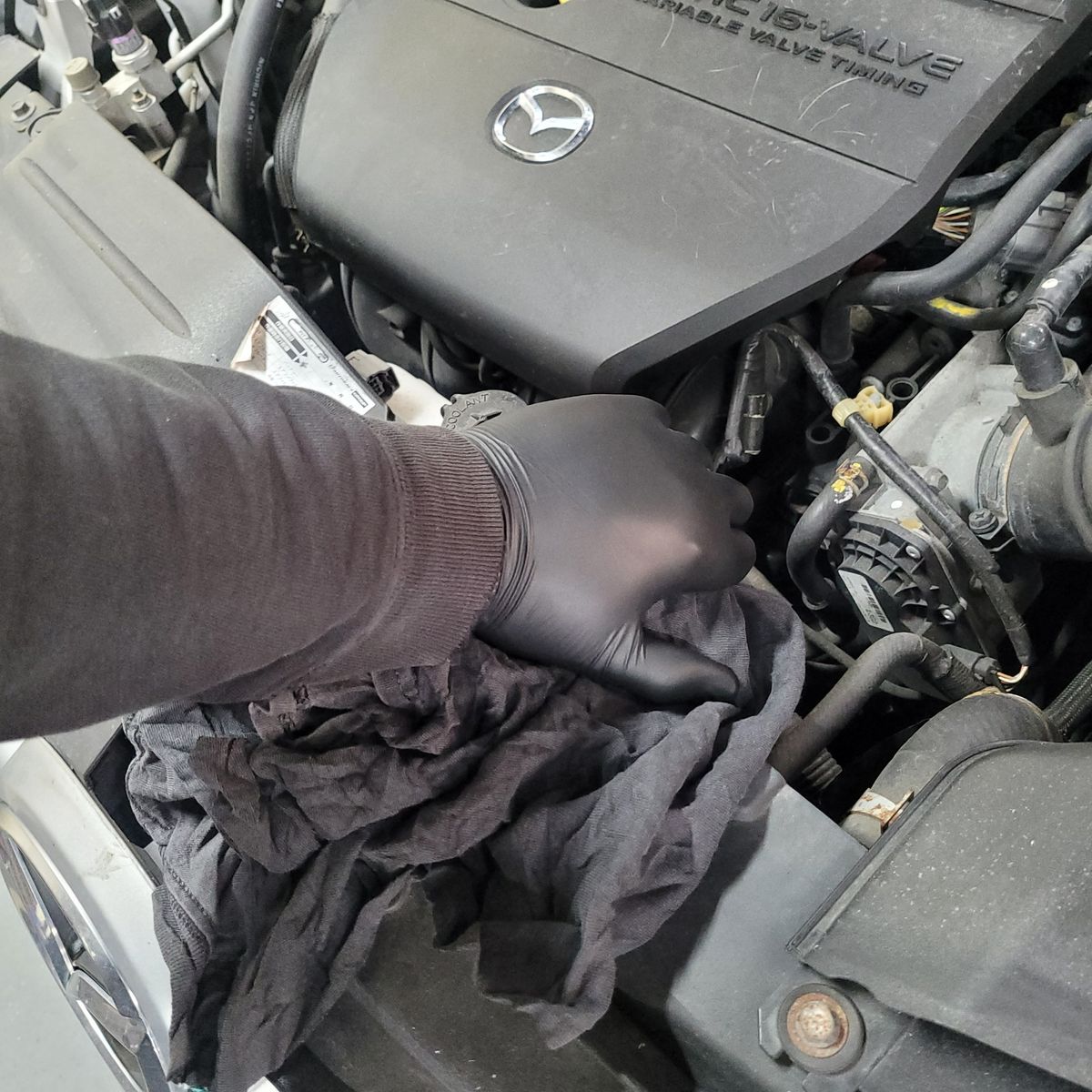When your car engine overheats, it can be a stressful experience. Acting quickly and knowledgeably can prevent further damage and keep you safe. Here are five essential tips to help you manage an overheating engine effectively.
1. Pull Over Immediately
Ensure Safety and Prevent Engine Damage
When you notice your engine overheating, it’s crucial to pull over safely as soon as possible. Continuing to drive with an overheating engine can cause severe damage to your vehicle, including a blown head gasket or engine failure. Turn off the engine and give it time to cool down before inspecting further.
Learn more about car overheating issues and solutions.
2. Check Coolant Levels
Identify and Refill Low Coolant
Once the engine has cooled, check the coolant reservoir. Low coolant levels are a common cause of overheating. If the coolant is low, refill it with a 50/50 mix of coolant and water. Be sure not to open the radiator cap while the engine is still hot, as this can cause burns from steam and hot coolant.
Understand the importance of maintaining coolant levels.
3. Inspect for Leaks
Detect and Address Possible Coolant Leaks
After topping up your coolant, inspect the engine bay for any signs of leaks. Look for puddles under your car or wet spots around the radiator, hoses, or water pump. Identifying and fixing leaks promptly can prevent future overheating incidents and potential engine damage.
Find out more about detecting and repairing leaks.
4. Turn On the Heater
Divert Heat from the Engine to the Cabin
If you must continue driving to reach a safe location, turn on your car’s heater to the highest setting. This can help draw heat away from the engine and into the cabin, temporarily reducing the engine temperature. While this may be uncomfortable, it can help prevent further engine damage.
Check out our blog on handling overheating while driving.
5. Visit a Trusted Mechanic
Get a Professional Diagnosis and Repair
After addressing the immediate issue, it’s essential to visit a trusted mechanic like those at Grimmer Motors for a thorough inspection. A professional can diagnose underlying problems such as a malfunctioning thermostat, issues with the radiator, or a failing water pump. Regular maintenance and professional checks can ensure your vehicle runs smoothly and prevent future overheating issues.
Conclusion
Dealing with an overheating engine can be daunting, but knowing these five tips can help you manage the situation effectively. Always prioritize safety and get professional help to ensure your vehicle remains in top condition. Have you experienced an overheating engine? Share your story or ask us a question in the comments below!
For Hamilton residents, choosing Grimmer Motors ensures:
-
Expertise in engine repair and maintenance
-
Comprehensive diagnostics and solutions for engine overheating
-
Trusted, local service with a reputation for excellence
Learn more about our services.

